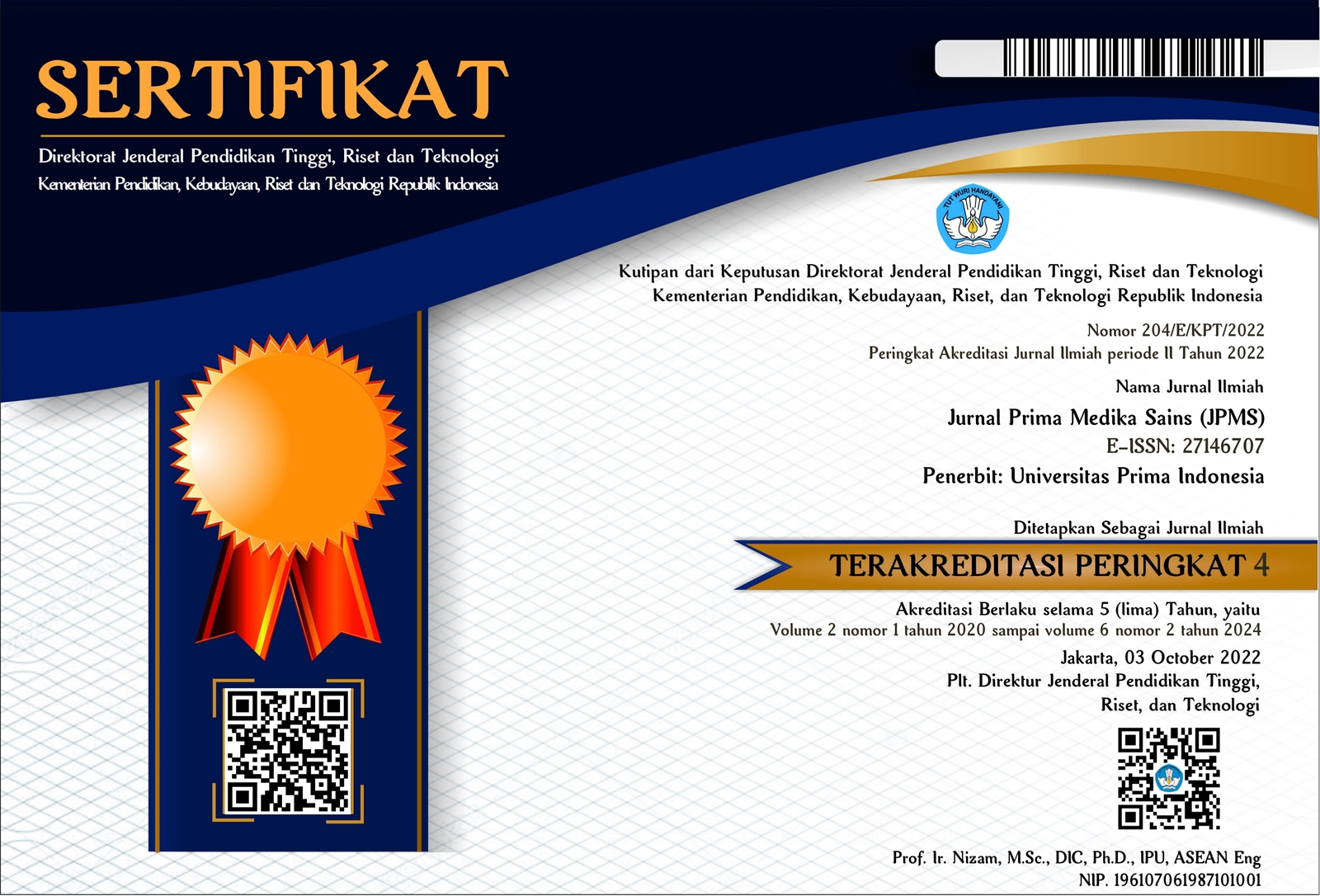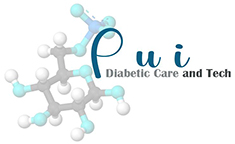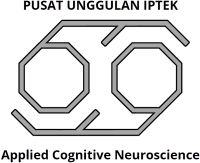The role of catechol-o-methyltransferase in postpartum depression
DOI:
https://doi.org/10.34012/jpms.v7i1.5844Keywords:
catechol-o-methyltransferase, polymorphism, postpartum depressionAbstract
The global prevalence of postpartum depression is increasing annually. This condition has been associated with polymorphisms in the catechol-O-methyltransferase (COMT) enzyme, which plays a critical role in the degradation of catecholamines. Therefore, a literature review was conducted to examine the influence of COMT enzyme variants on postpartum depression, with a focus on specific time periods and genetic variants implicated in the disorder. The review methodology involved a systematic search of articles on the PubMed database using the keywords "catechol-O-methyltransferase," "postpartum depression," and "role of COMT in postpartum depression." Inclusion criteria required full-text availability in either Indonesian or English. Four relevant studies were identified that investigated the relationship between COMT enzyme variants and postpartum depression. Evidence suggests that the COMT Val158Met polymorphism may affect the risk of postpartum depression in the context of elevated estrogen levels, as high estrogen concentrations are known to downregulate COMT expression. Additionally, certain single nucleotide polymorphisms (SNPs), including rs2020917 (TT genotype), rs737865 (GG genotype), and the COMT rs4680 Met variant allele, have been shown to modulate the influence of COMT on postpartum depression independently of estrogen levels, possibly through interactions with other enzymatic pathways.
Downloads
Published
How to Cite
Issue
Section
License
Copyright (c) 2025 Indah Kusuma Dewi, Caroline Putri Natasia, Julia Windi Gunadi, Ardo Sanjaya

This work is licensed under a Creative Commons Attribution 4.0 International License.






